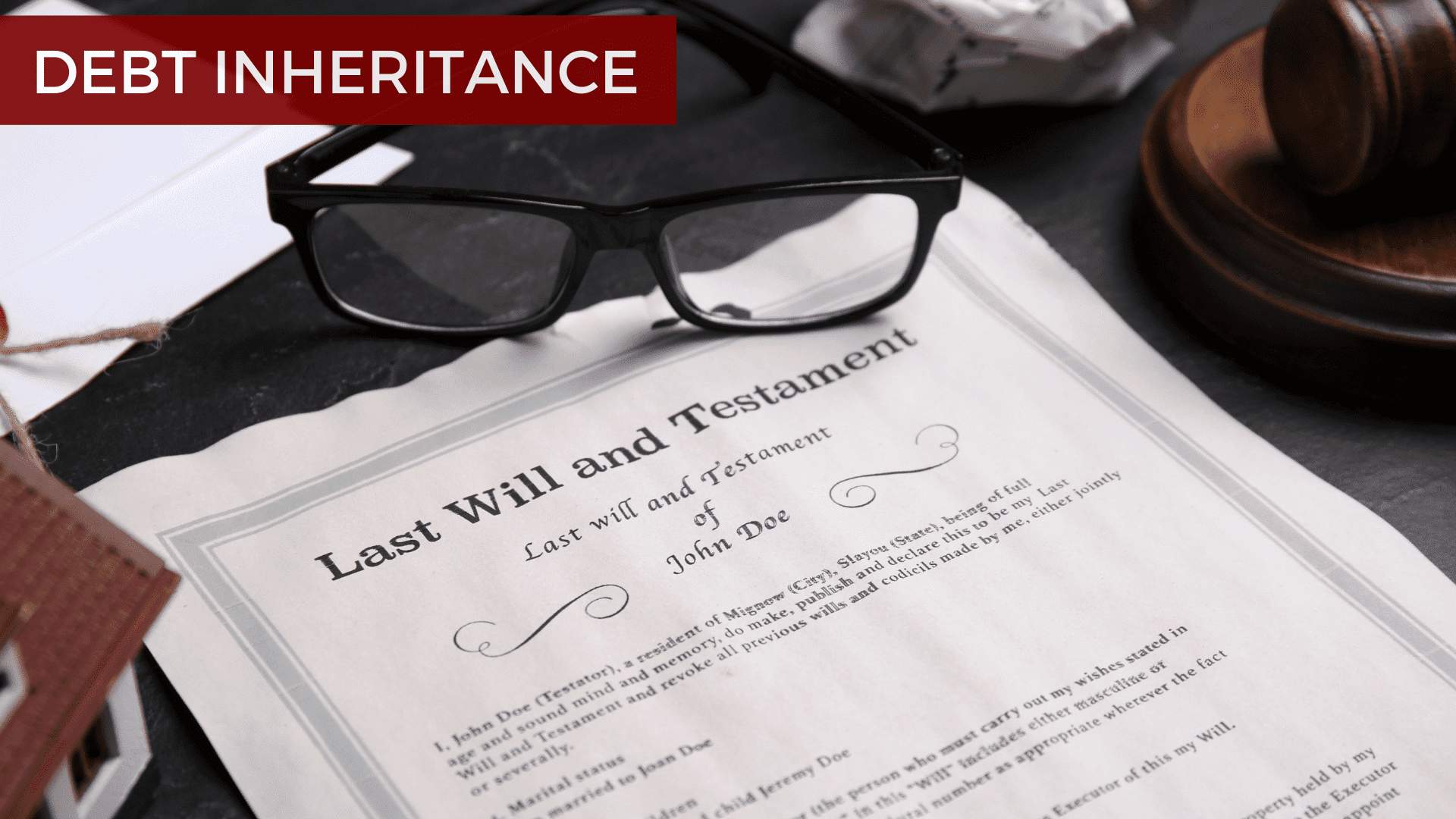Inheriting assets from a loved one can be a bittersweet experience. But what about inheriting…

Insurance Blues
Insurance is a hot topic once again. Hot for all of the wrong reasons. Many people have heard about a number of claims under travel insurance policies that have recently been denied by Canadian banks. I say many people because I couldn’t find the story quickly on the internet. It didn’t seem to get a lot of coverage in the local newspapers either. It’s a good thing I watch the news on television.
One case involves the CIBC where a 69 year old senior bought travel insurance and paid an extra $100 premium to make sure her insurance would cover her high blood pressure – and after getting sick abroad and then filing her claim, the bank denied her claim.
And the CIBC is not the only bank with a similar outcome. A 70 year old Royal Bank customer is fighting over the rejection of her claim, allegedly on the basis of how she answered broad-ranging questions.
As reported by CBC, the banks hold a legal weapon. An Ottawa insurance broker, Bruce Cappon, reportedly referred to the misrepresentation clause that opens the door to denying claims. The term misrepresentation is vague and general. Answers to telephone interviews or questionnaires are susceptible to manipulation and interpretation. Perhaps these questions should be asked before the insurance coverage is granted – and the research conducted at the front end of the process in an effort to qualify people for the coverage. That way there is no surprises later.
Accordingly, Bruce Cappon is lobbying regulators to make it tougher for insurance companies to reject claims. This response is long overdue.
Another huge advantage that banks and big insurance companies have over consumers is their size and ability to afford expensive lawyers and tie up litigation for years and years. In fact, this is a common platform to negotiate out of court settlements for many insurance claims because many consumers just can’t afford to fight or wait perhaps 10 years before all the legal arguments and appeal courts rule definitely on the case.
There is also an adversarial quality between insurers and the insured that includes government insurance corporations like ICBC. If you should end up filing a claim, lawyers strongly advise the public to get a lawyer. In other words they are saying, “You can’t trust the insurance company to be fair and reasonable.” You are given the impression, which has not been challenged too vigorously, that, for example, ICBC will try to reduce your claim or try to manoeuvre people into an unfair settlement for the insured and one that favours the insurer.
It seems to me that, if the public cannot trust their insurance providers to act in a fair and reasonable manner, then the government should intervene and do something about it. Misrepresentation can be a two-way street. If the insurance companies give you the impression you are covered and that your claim will be honoured if something should go wrong and then later deny the claim, this isn’t exactly honest or transparent.
This recent disclosure by the media about the banks raises yet another question, “Why should banks be involved in insurance? “ Maybe there are just too many conflicts for the banks to be involved with anything but banking.
In any event, the consumer should never be the enemy. We are supposed to be their loyal customers. We buy or pay something – interest, a fee or a premium – and in return we should be treated with dignity and honesty.












